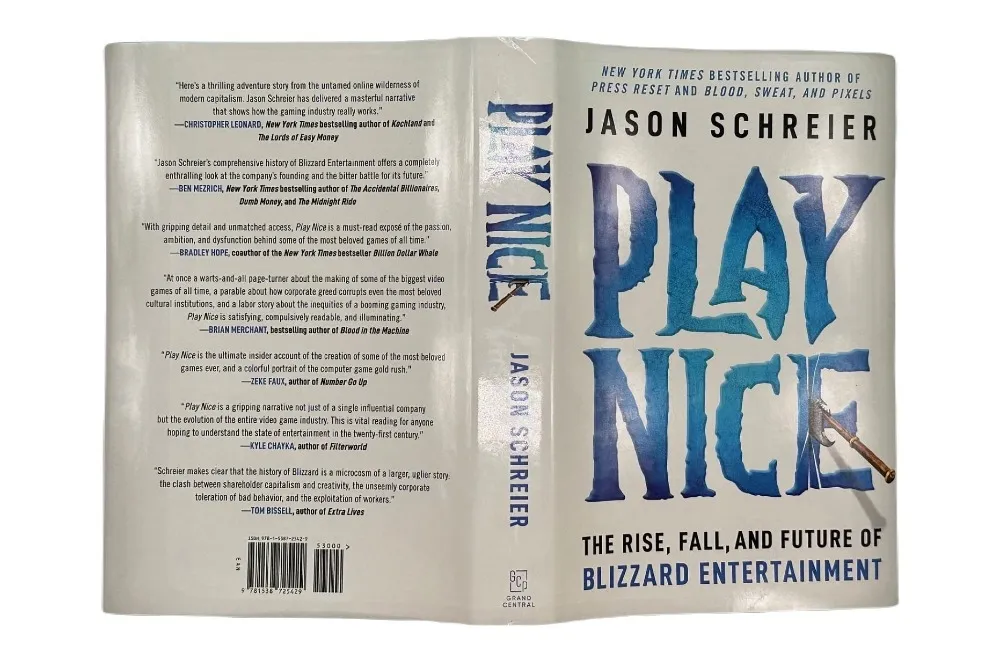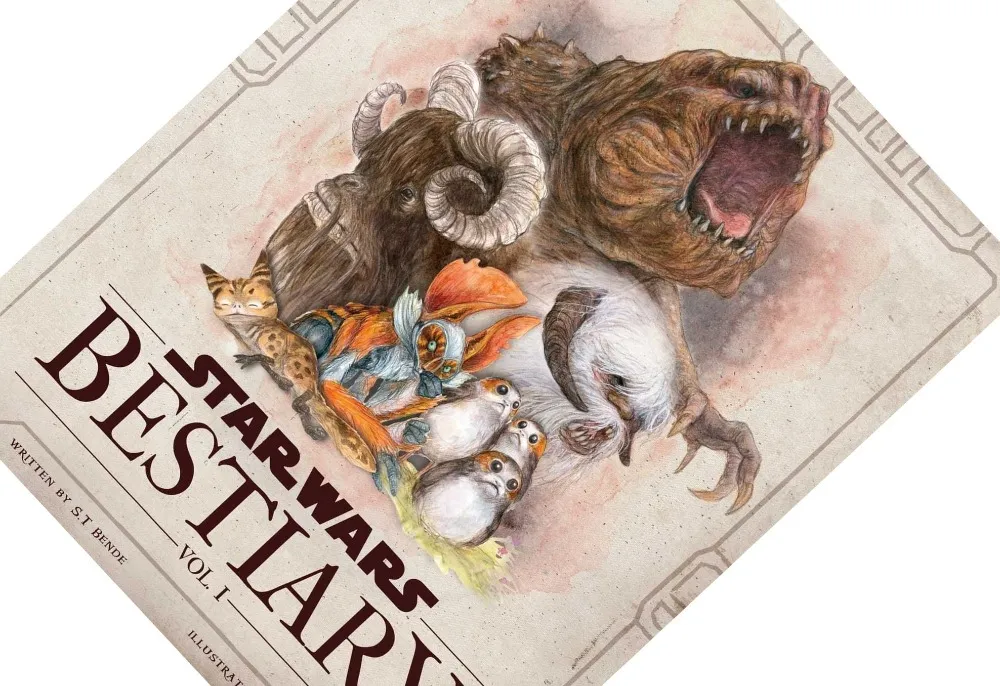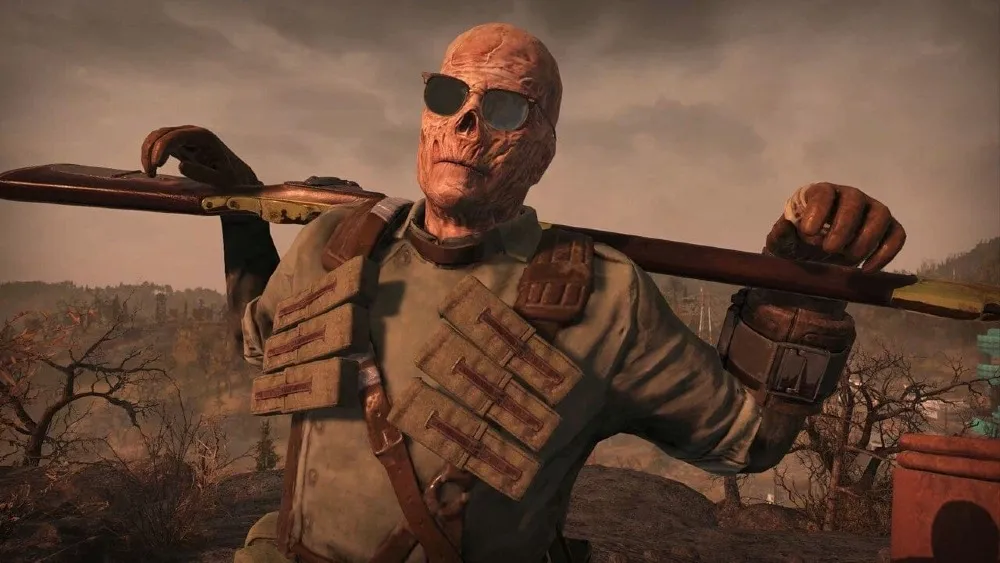Table of Contents
We are spoilt for choice with narratives describing the behind-the-scenes trials and tribulations of game development, and author Jason Schreier’s newly-released Play Nice is the latest addition to the literature with a history of Blizzard Entertainment, most famous for its industry-leading franchises (critically and sales-wise) Warcraft, Starcraft, Diablo, Hearthstone and Overwatch.
While these books usually make for fascinating reads, this is a poor, nakedly biased effort that is often tiresome as former Kotaku reporter Schreier desperately tries to make the facts match a preconceived narrative that is juvenile and hysterical, and gets weaker and weaker as the book progresses.
Basically, his thesis is that Blizzard lost its way to toxic masculinity and corporate greed, resulting in a series of “disasters” that have destroyed the company’s good name. The problem is, none of this is really true–as part of a corporate group employing tens of thousands of people, there were a handful of awful people (who were removed), numerous rounds of hiring and layoffs (completely normal in a company of that size), and a few minor PR incidents that 99 per cent of gaming fans would not have even been aware of at the time, and would certainly not remember years later. The studio also was and remains one of the most successful in history.
The book is just desperate at times. Aside from one person who witnessed the really bad offender, he struggles to find people willing to speak to him on the topic of “widespread sexual harassment”, resorting to interviews with a handful of transient low-level staff in support functions, who give very vague accounts and in most cases admit they didn’t think the situation was ever really bad.
The attempt to make a minor, nothing comment from a streamer supporting Hong Kong during its takeover by China is laughable. No one cared then or now, but Schreier tries to make it out like it was some huge international incident that was going to destroy the company. His experience in the embarrassing clickbait environment of gaming “journalism” appears to color everything he does.
Early chapters focusing on individual games start reasonably strong, fleshing out the situations and people involved, but just when you’re involved in the narrative, Schreier always jumps forward months to the launch. It’s the journey that is of interest, not the destination, so this is a bizarre choice to make over and over again.
Because he has his heart set on his message, the reader is also subjected to endless foreshadowing about Blizzard’s doom. So confident is he in his industry authority that we also get the unique treat of snobby little footnotes throughout.
David L. Craddock’s Blizzard biography series Stay Awhile and Listen, while not extending to the current day, are vastly superior reads. He doesn’t have an agenda, he just presents the story clearly, with the aid of interviews of all the main players, and they are gripping reads. They cover all aspects of development from the beginning of an idea through to development, launch and post-launch, and Craddock doesn’t attempt to direct the story to confirm his biases nor use it to present himself as an investigative journalist fighting for the downtrodden. Highly recommended.
The story behind Blizzard is fascinating, but Schreier’s thinly-veiled disdain for capitalism, and obsession with anti-meritocratic victimhood fads, overshadows any positives. Very disappointing considering the amount of time that obviously went into this book’s creation.









